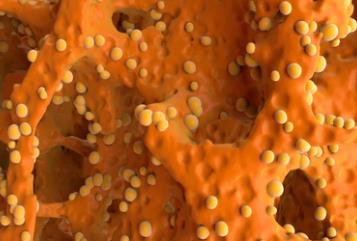Immunotherapy is a very promising method for the treatment of metastatic breast cancer, which can provide new possibilities for treatment. Although checkpoint inhibitors show some hope in the treatment of metastatic breast cancer, their therapeutic effect on patients with bone metastases is disappointing. The lack of such efficacy seems to have a certain specificity for the bone environment, which will show the characteristics of avoiding inhibition. Recently, a research report…
Author: biomart
The Special Protective Effects of Breast Milk

Breastfeeding can provide significant health benefits for newborns and infants by providing nutrition, immune protection, and shaping the gut microbiota. Although scientists have long believed that breast milk contains complement components, the physiological correlation of complement components in breast milk is not clear to them. Recently, a research report titled “Complement in breast milk modifies offspring gut microbiota to promote infant health ” was published in the journal Cell. Scientists…
The New Role of STING in the Human Innate Immune System
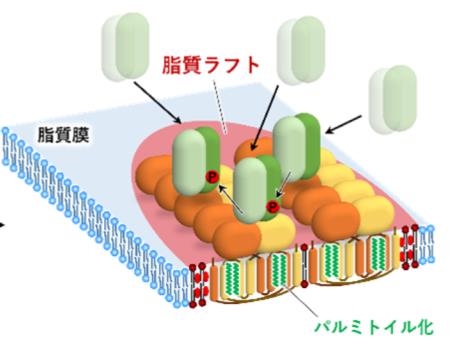
When pathogens invade the body, the innate immune system will play a role in resisting the invading pathogens. The innate immune system is the first line of defense. It can accurately detect viruses or bacteria, and then activate proteins to fight against pathogens. In order to better understand the working principle of the innate immune system in the body, researchers from research institutions such as the National Cancer Center Research…
Molecular Mechanisms Underlying the Development of Colitis in Cancer Immunotherapy Induced Patients
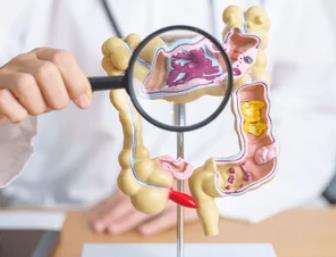
Immune checkpoint inhibitors can stimulate the body’s anti-tumor immune system, but they can also have toxic effects called immune-related adverse events (irAEs). Colitis is a common and serious immune-related adverse event that can cause treatment interruption. As researchers did not observe a strong colitis response in laboratory mice treated with checkpoint inhibitors, Therefore, the understanding of the underlying mechanisms of intestinal immune-related adverse events is often hindered. Recently, an article…
SARS-Cov-2 Can Infect Dopaminergic Neurons
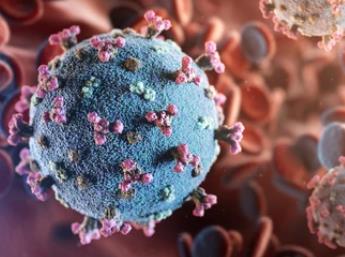
In a new study, researchers from the Will Cornell Medical Center, Memorial Sloan Kettering Cancer Center, and Columbia University’s Wagros School of Internal and External Medicine pointed out that the coronavirus SARS-CoV-2, which causes COVID-19, can infect dopaminergic neurons in the brain and cause aging, meaning they lose their ability to grow and divide. They believe that further research on this discovery may reveal neurological symptoms related to long-term COVID-19,…
CD276: A New Target for the Treatment of Brain Metastatic Cancer
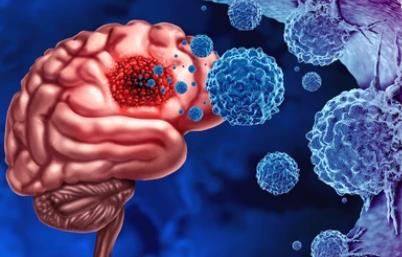
Researchers from the University of Lausanne in Switzerland have published a research paper in the Cancer Cell journal titled “Interrogation of endothelial and mural cells in brain metastasis reveals key immune-regulatory mechanisms”. Recent analysis of samples from patients with brain metastases (BrM) has revealed the importance of the brain tumor microenvironment (TME) in regulating the progression of primary and metastatic brain malignancies. The enormous complexity of TME in BrM…
Research Progress on the Interaction Mechanism between Bunyavirus and Host
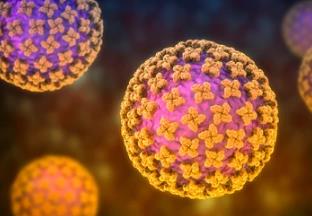
Recently, the team of Wang Hualin, Deng Fei, and Ning Yunjia from the Chinese Academy of Sciences Wuhan Virology Research Institute/National Viral Resource Bank published the research papers titled “Interactome profiling of Crimean-Congo hemorrhagic fever virus glycoproteins” and “Host factor MxA restricts Dabie bandavirus infection by targeting the viral NP protein to inhibit NP-RdRp interaction and ribonucleoprotein activity”. The above research elucidates new interaction mechanisms between the virus and host…
In Situ Regeneration Research of Inner Hair Cells in a Mouse Injury Model Induced By Ectopic Expression of Tbx2 and Atoh1
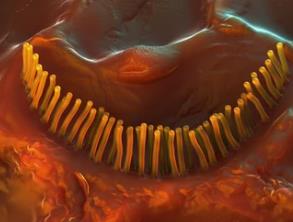
The Development journal published a research paper online titled “In situ regeneration of inner hair cells in the damaged cochlea by temporally regulated coexpression of Atoh1 and Tbx2”. The research was completed by Liu Zhiyong, a research group of the Center for Excellence and Innovation in Brain Science and Intelligent Technology (Institute of Neuroscience) of the Chinese Academy of Sciences, and the Shanghai Brain Science and Brain Research Center (Shanghai…
Nuclear Membrane Proteins Promote Yellow Virus Replication
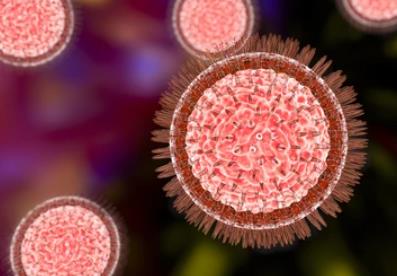
Yellow viruses, including dengue virus (DENV), Zika virus (ZIKV), and Japanese encephalitis virus (JEV), are mostly transmitted through mosquito vectors and are currently one of the most widespread and highly infected infectious diseases, posing a huge threat to global public health. The infection of the yellow virus not only causes mild and self-limiting diseases (such as dengue fever and dengue hemorrhagic fever), but is also closely related to neurological diseases…
MRE11 Releases cGAS from Nucleosome Blockade to Prevent Cancer Development
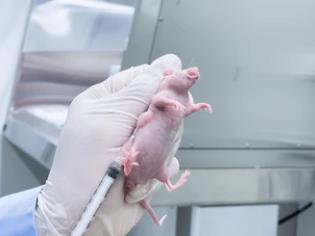
Every time cancer cells divide, they cause damage to their own DNA molecules. For a long time, scientists including Gao á v Gupta Bo, associate professor of radiation oncology at the University of North Carolina School of Medicine in the United States, have been curious about how cancer can evade detection by the body’s own defense system, despite the immune system constantly monitoring cells for DNA damage. In a…
